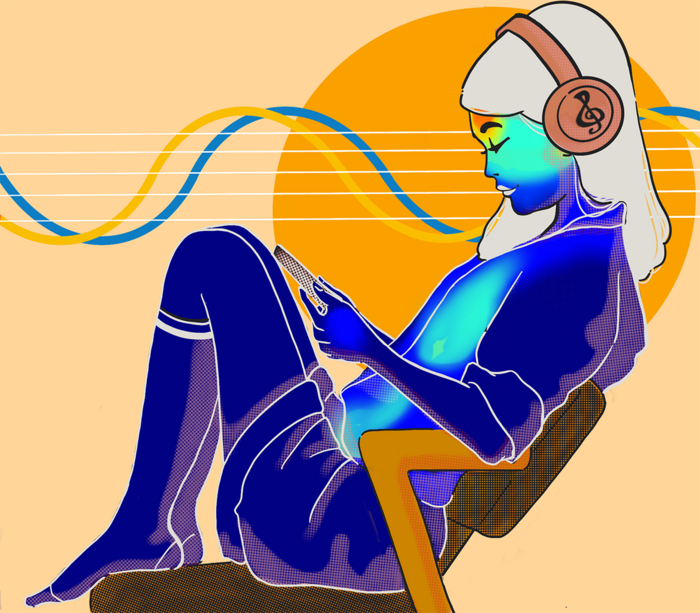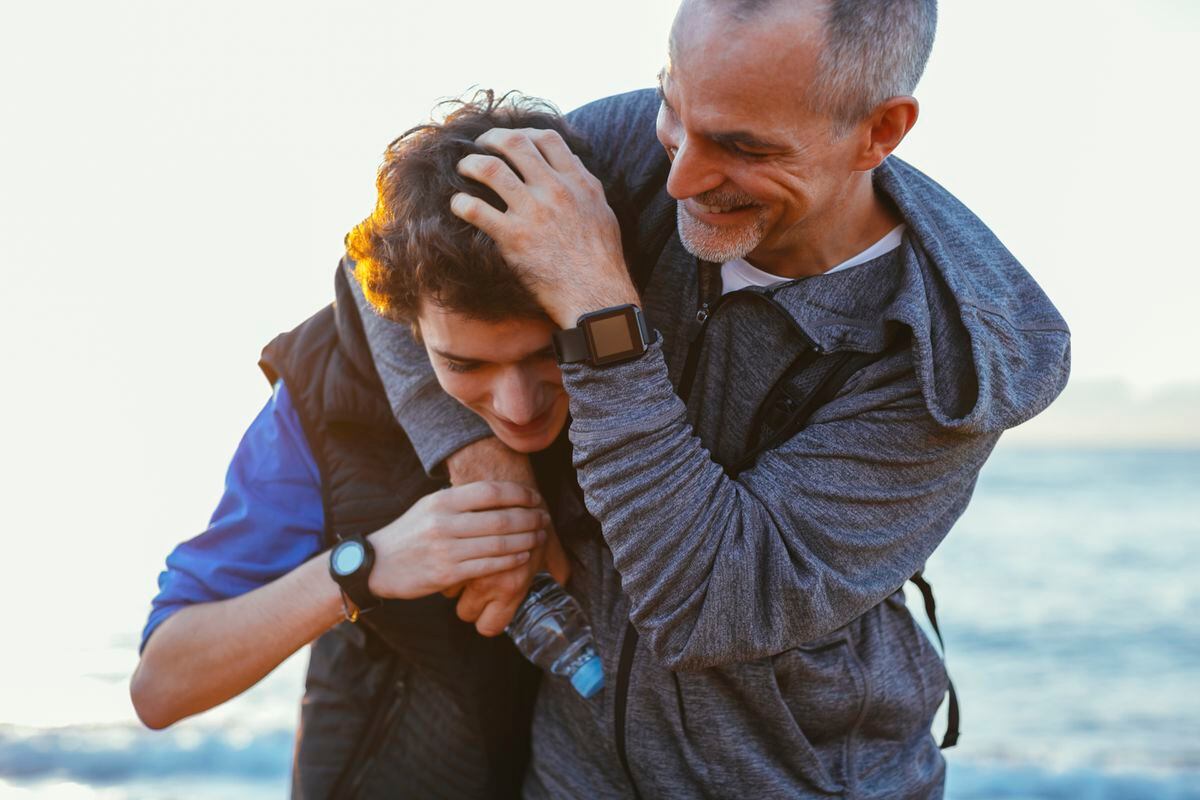Psychologist on Biles: "The world on top of a little girl" 4:21
(CNN Spanish) -
Simone Biles, one of the greatest athletes of recent times and a figure on the United States gymnastics team, withdrew at least partially from the Tokyo 2020 Olympic Games in the middle of a competition in order to focus on your mental health.
"I feel the weight of the world on my shoulders," he said.
Shortly before the start of the Olympics, Japanese tennis player Naomi Osaka published a first-person essay about her struggle with depression, which led her to withdraw from the French Open in May.
CNN anchor questions criticism of Simone Biles for prioritizing her mental health
Colleen Quigley, an American 3,000-meter steeplechase runner, said in February that she discovered the benefits of good mental health a year and a half ago.
And former swimmer Michael Phelps, the most successful in Olympic Games history, said in 2020 that he was concerned about the mental health of athletes after the tournament in Tokyo was postponed due to the pandemic.
"This postponement is uncharted waters. We have never seen this before. It was the right decision, but it breaks my heart to think about athletes," he told NBC.
American gymnast Simone Biles.
Mental health issues have plagued high-performance athletes for a long time, but at these Tokyo 2020 Olympics the issue seems to have taken on another visibility.
advertising
What is this about?
The Tokyo Olympics and mental health
"To know if these Olympic Games have had a greater effect on the mental health of the athletes, we have to wait for them to end," Juan Manuel Brindisi, clinical psychologist for national teams at the Argentine Football Association (AFA), told CNN.
"Yes, one important thing must be taken into account: this year of confinement, of anguish, of stretched goals, people who could not withdraw last year and had to postpone it, will have to be evaluated. This disrupted daily life, families, couples , and obviously unbalance the sport, "he added.
Phelps, retired in 2016 a record 28 medals (23 of them gold), had previously spoken about his struggles with depression, saying he had considered taking his own life and hoped he could help others fight the disease.
In the interview with NBC Sports, the former swimmer said he was not surprised by the decision to postpone the appointment in Tokyo, but believes that they took time to do so.
"I didn't see how everything will work out. We've had problems in the past, the air quality in Beijing and the Zika virus in Rio, but this is bigger. It didn't seem like something that could be managed or controlled. I just didn't see the dots to connect, "he said.
Simone Biles also withdraws from the individual final 2:28
"I really hope that we don't see an increase in the suicide rates of athletes because of this. Because mental health is the most important thing here," he added.
Biological and psychological impact
For Brindisi, the confinement caused by the pandemic had two effects.
"Biology feels it, especially someone accustomed to years of training on top of it, according to each country and sport. There were people who lost muscle mass."
"And within the psychological there is a lot of anguish that at a social and general level we still do not know the effects. You have to see the degree of resilience of each athlete, the degree of loss of each athlete, some of whom lost family members or were in intensive care ".
"After such a long stand, you have to regain ownership of your body," he said.
In April 2020, when the covid-19 pandemic was still in its infancy, FIFPRO - the only organization that represents professional footballers globally - published the results of a survey among 1,600 athletes that showed that the percentage of players who reported symptoms of depression had doubled.
The study found that 22% of women and 13% of men had reported symptoms consistent with a diagnosis of depression, while 18% of women and 16% of men had symptoms consistent with a diagnosis of anxiety. generalized.
The covid-19 pandemic forced the Tokyo 2020 Olympics to be postponed, which finally began in 2021.
"The mental health in this is becoming apparent," mental performance consultant Dr. Tiffany Jones told CNN.
"Athletes get a natural feeling when playing sports. It is the equivalent of injecting heroin for the first time, so not having the physiological and psychological elements of sport is creating mental health problems."
"It is not the same, but I tell them that competing is a muscle. If it is not used, it will atrophy. I tell them that if they do not want to compete, that is a problem," he said.
Increased visibility
But beyond the effects of the covid-19 pandemic and the postponement of the Tokyo 2020 Olympic Games, mental health problems had already plagued high-performance athletes.
"On the one hand, high-performance sports are becoming more complex, which starts earlier and earlier, is increasingly uncomfortable and always demands more. In the last 10 years it has changed in practically all sports, everything is much more competitive and there are more obligations, more sponsors. Being there is complicated, "said Brindisi.
For the sports psychologist, there is also much more visibility for the problem today.
"When there are athletes of such renown who say 'I could not bear this', there are more and more voices showing the need to incorporate psychologists and psychologists to improve performance and treat subjectivity, especially in terms of failure, something inherent in sport, that every time it looks worse ".
Remembering Biles' phrase regarding "feeling the weight of the world", Brindisi recalled that this is a figure from Greek mythology: "Atlas has the weight of the world and is always hunched over, it is a curse. Very few athletes can perform. with the weight of the world on his shoulders. "
With information from Germán Padinger, Jill Martin, Don Riddell, César López, David Close and Aleks Klosok
See here the lines of attention and prevention of suicide in Latin America and Spain.
ARGENTINA
Suicide prevention line - help for suicides online
PHONE: (54-11) 5275-1135 or 135 from Buenos Aires and GBA or 0800 345 1435 from all over the country
Let's talk about Everything
Email: contacto@hablemosdetodo.gob.ar
BOLIVIA
Telephone of hope
La Paz: 2248486
BRAZIL
Centro de Valorização da Vida, CVV
Telephone: 188
Chat: (help by chat)
Email: atendimento@cvv.org.br
CHILE
Telephone of hope
Telephone: 005642221200
Everything improves, help by email or chat
COLOMBIA
Telephone of Hope
Barranquilla: (00 57 5) 372 27 27
Bogotá: (57-1) 323 24 25
Medellín: (00 57 4) 284 66 00
San Juan de Pasto: 3016326701
COSTA RICA
Telephone of hope
Email: telefonodelaesperanzacr@gmail.com
ECUADOR
Telephone of hope
Quito: (593) 2 6000477 - 2923327
SPAIN
Telephone of hope: 717 003 717
HONDURAS
Telephone of hope
San Pedro Sula: (00 504) 2558 08 08
MEXICO
Instituto Hispanoamericano de Suicidologia, AC
Telephone: +5255 46313300
Email: info@suicidiologia.com.mx
PERÚ
Sentido (Peruvian Center for Suicidology and Suicide Prevention)
Telephone: 01 498 2711
Hope phone
Lima: (00 51 1) 273 8026
PUERTO RICO
PAS Line (First Psychosocial Help)
Telephone: 1-800-981-0023
URUGUAY
Last resort
Telephone: 0800-Vive (8483)
VENEZUELA
Telephone of hope
Valencia: 0241-8433308
National: 0-800-PSIQUE
Mental health

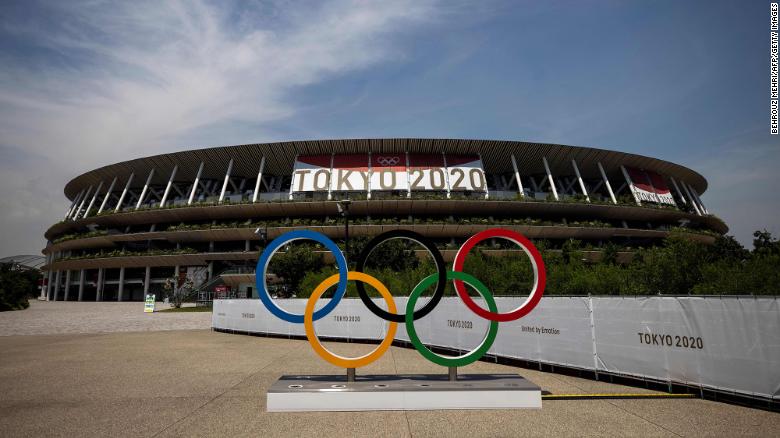
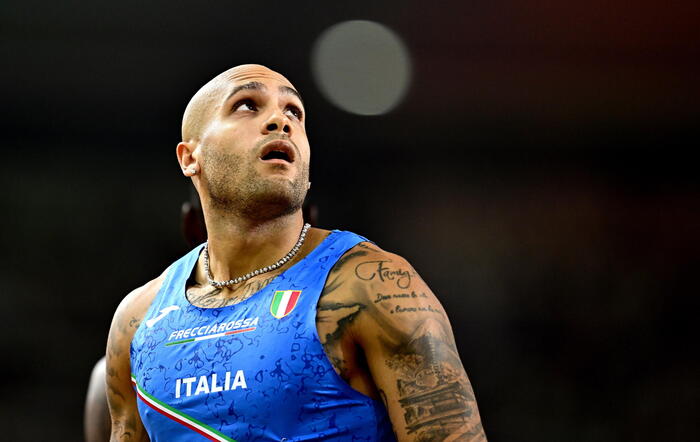
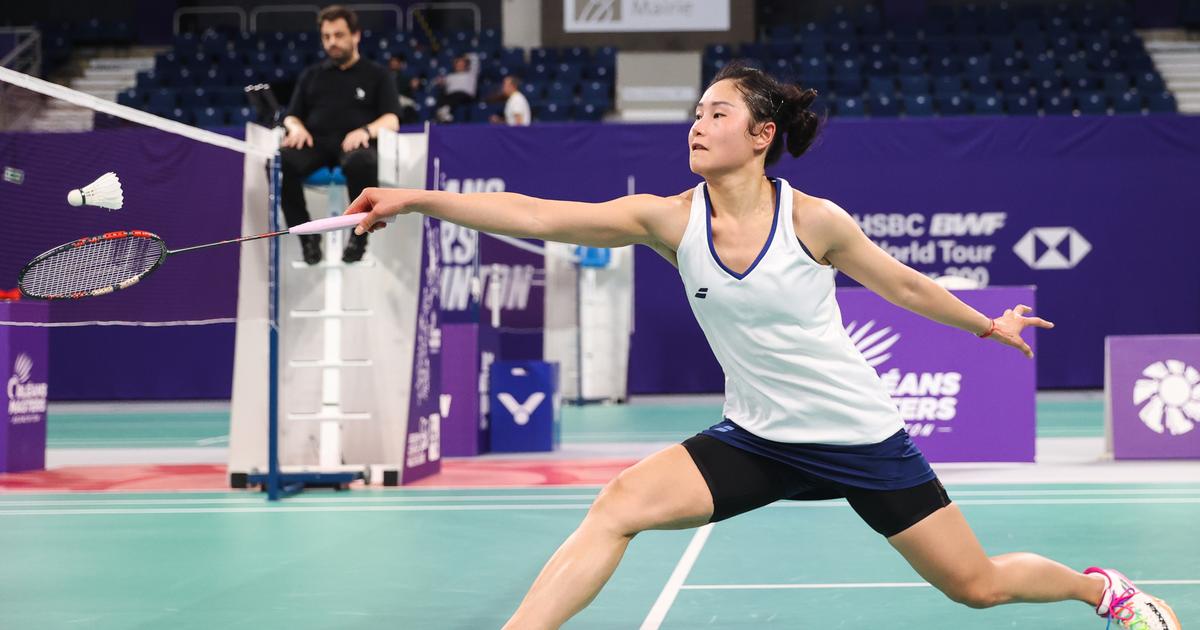
/cloudfront-eu-central-1.images.arcpublishing.com/prisa/5FHSMXCJZZBLPAX7GDHWL5DNDI.jpg)
